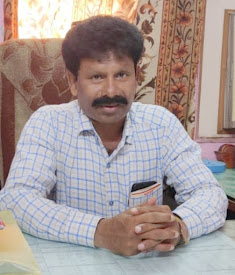India's search for viable methods of creating a financially inclusive economy has a ubiquitous, albeit underutilised, ally — India Post. The world's largest postal network has over 1.55 lakh post offices, 89.76 per cent of which are in rural areas. On an average, a post office serves 7,175 people and covers an area of 21.21 sq. km, giving it a natural advantage to take financial services closer to the unbanked. A recent expert committee report makes a strong case for harnessing the Post Office Savings Bank (POSB) for achieving financial inclusion, as the reach of post offices is twice as extensive as that of all commercial banks put together. The time-tested credibility of POSBs, started in 1882, and the wide customer base of 206 million savings accounts, which held Rs. 56,369.77 crore as on March 31, 2009, make out a strong case for full-fledged banking operations for India Post. Against this backdrop, the XI Five Year Plan's proposal to set up a Post Bank of India merits serious consideration. Key policy changes are in order, however. India Post now carries out its banking and insurance operations as an agency function of the Ministry of Finance. This raises issues relating to operational autonomy. To overcome this limitation, the expert committee's suggestion that India Post should engage with the Finance Ministry to “re-examine and expand its presently limited agency function” is an important starting point. The possible start of full-fledged banking operations, including lending, will also necessitate post office banks to be governed by the country's banking laws. For now, however, India Post is striving to be in sync with the times. Its recent step to facilitate remittances by NRIs is one indicator. Such efforts need to be taken further to make financial inclusion meaningful. As the expert committee points out, the advantage of India Post taking to banking operations is that it can bring a multiplicity of stakeholders on a common platform, for instance, central and State governments, microfinance institutions and technology providers, and serve the financially excluded. The tying up of user-accounts for rural job schemes is a welcome start, and can be expanded to include cash transfer schemes that benefit the poor. The committee's suggestion that post offices open low-cost accounts and provide micro-loans strengthens the case for post offices doubling as banks. The most important determinant of how well India Post rises to its potential to emerge as a lead player in financial inclusion, however, will be the quality of services it renders to its customers.
- The Hindu, 17th August 2010
Virtual Meeting Decision
1 week ago




No comments:
Post a Comment